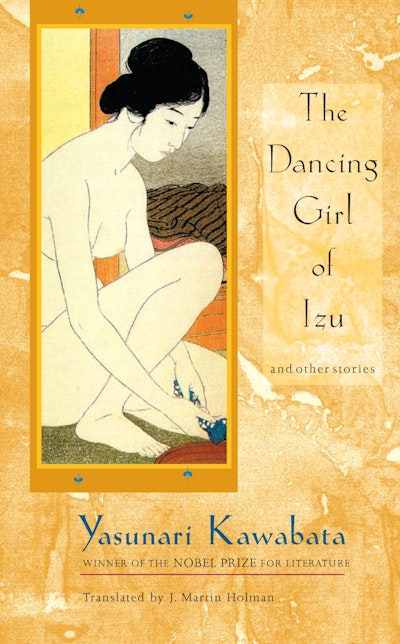[]
- Published: 29 August 1998
- ISBN: 9781887178945
- Imprint: Catapult
- Format: Paperback
- Pages: 176
- RRP: $35.00
The Dancing Girl of Izu and Other Stories
Buy from…
- Published: 29 August 1998
- ISBN: 9781887178945
- Imprint: Catapult
- Format: Paperback
- Pages: 176
- RRP: $35.00

